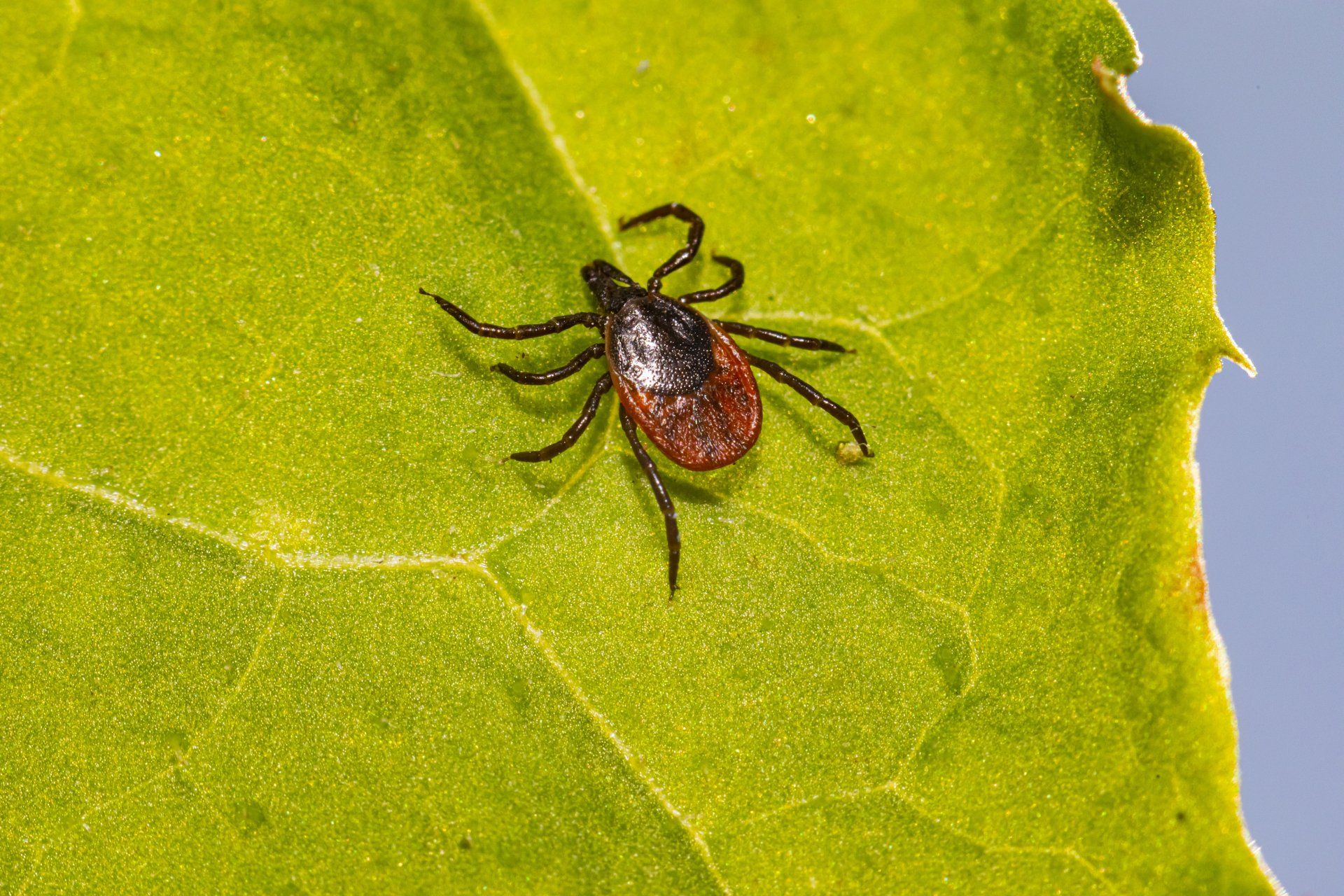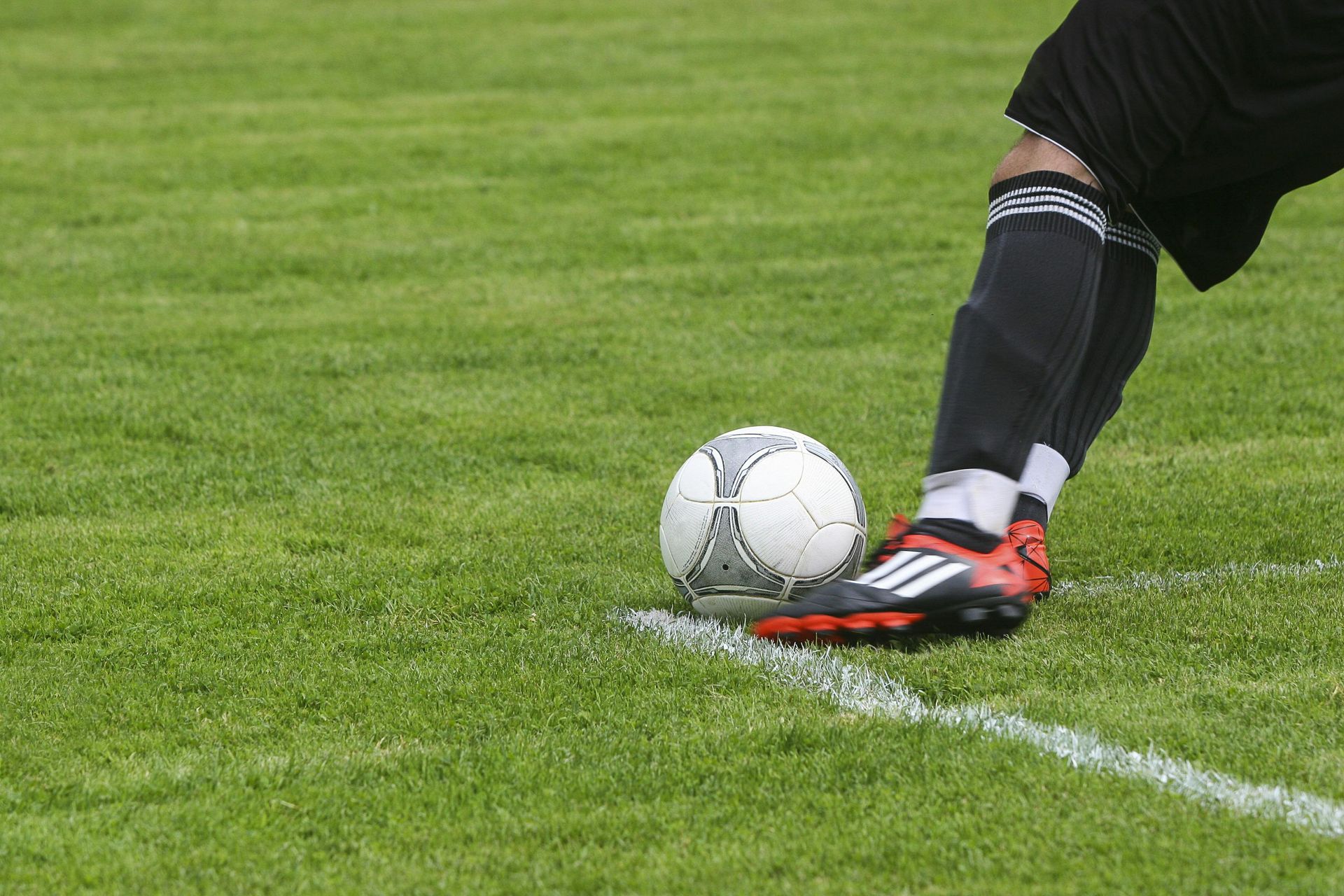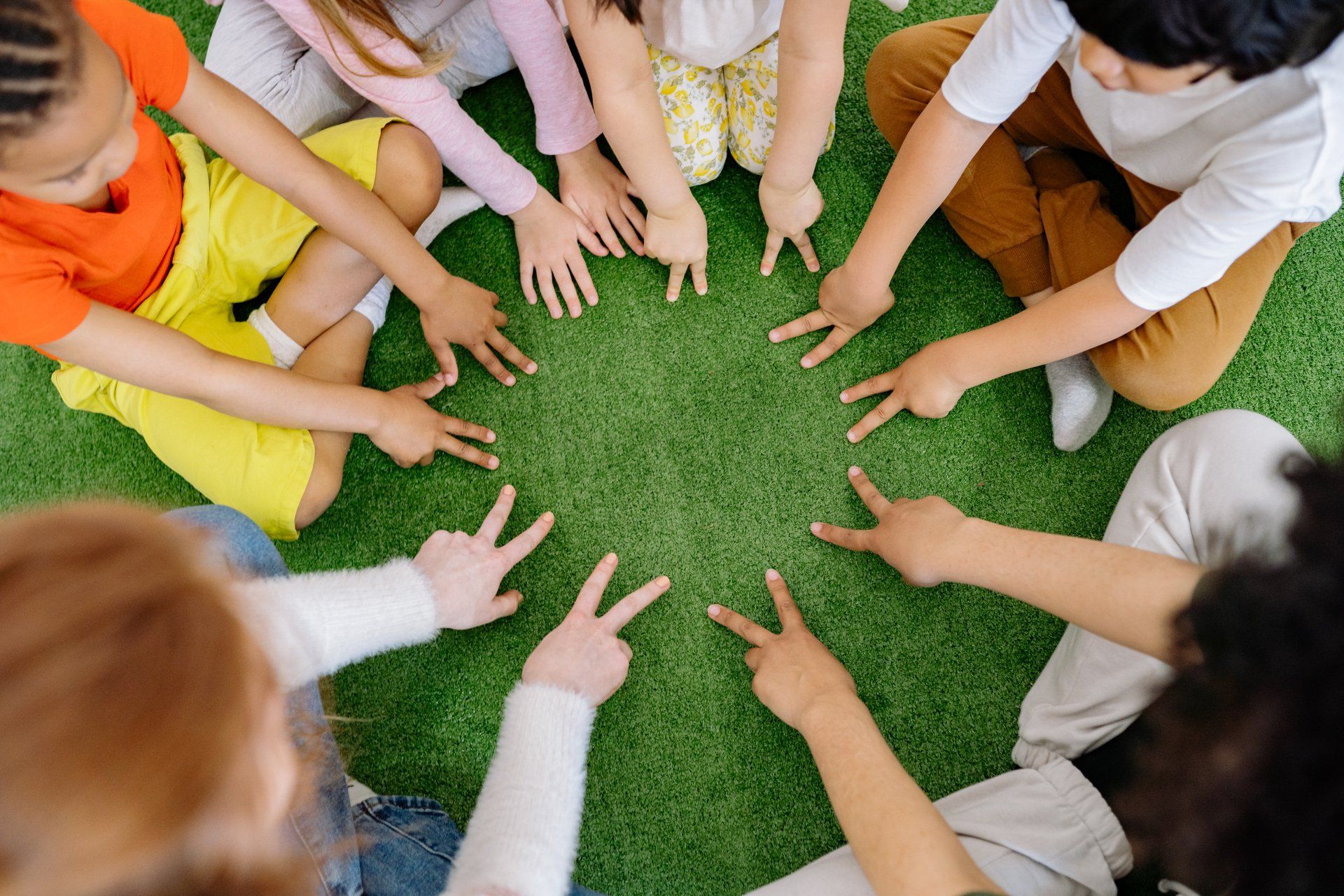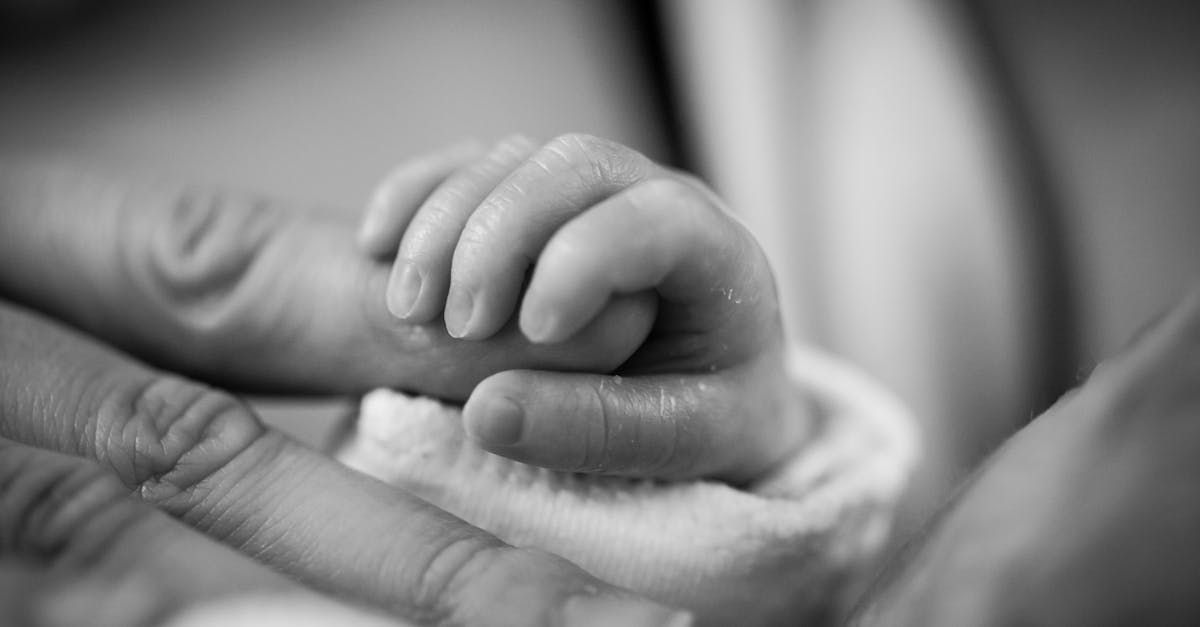Restless Legs Syndrome in Children
Have you ever felt like your legs were tingling or itching, and you just couldn't stop moving them? This could possibly be due to a condition called Restless Leg Syndrome (RLS). RLS affects the nervous system, causing an irresistible urge to move the legs. This can happen to children as well as adults, and it can make it difficult for them to fall asleep and stay asleep. RLS can also cause feelings of discomfort, such as tingling, crawling, or aching sensations in the legs.
The exact cause of RLS is not well understood, but it is thought to be related to a problem with the way the brain sends signals to the legs. Some children may develop RLS as a result of a medical condition, such as iron deficiency or diabetes. However, in most cases, the cause is unknown.
Symptoms of RLS in children can include:
⦁ An irresistible urge to move the legs, especially when sitting or lying down
⦁ Tingling, crawling, or aching sensations in the legs
⦁ Symptoms that are worse at night
⦁ Difficulty falling asleep or staying asleep
⦁ Daytime fatigue or irritability
If your child is experiencing these symptoms, it's important to talk to their doctor. A proper diagnosis of RLS requires a physical examination and a detailed description of your child's symptoms.
Treatment for RLS in children typically includes lifestyle changes and medications. The child’s provider can also prescribe medications that may help and iron supplements if the child has low iron levels. If your child has RLS, there are lifestyle changes that you can do to help:
⦁ Regular exercise. Encourage your child to exercise during the day. Exercise can help make the legs feel better when your child is trying to sleep at night.
⦁ Stretching. Have your child stretch their legs before bed. Stretching can help relax the muscles and make it easier to fall asleep.
⦁ Maintaining a consistent sleep schedule. A consistent routine before bed can help to fall asleep faster.
⦁ Avoiding stimulants, such as caffeine. Stimulating substances can make it harder to fall asleep.
⦁ Have your child take a warm bath before bed. The warm water can help relax the legs and make it easier to fall asleep.
It's also important to keep in mind that RLS can affect a child's daily life and school performance. They may find it hard to concentrate or stay still in class, which can have an impact on their academic performance. It is important to work with the school to make accommodations as needed.
If your child is experiencing symptoms of RLS, talk to their doctor and work together to come up with a plan. You can learn more about RLS through this link from the Cleveland Clinic.
Kevin Luton MS3 University of Missouri School of Medicine Springfield Clinical Campus










